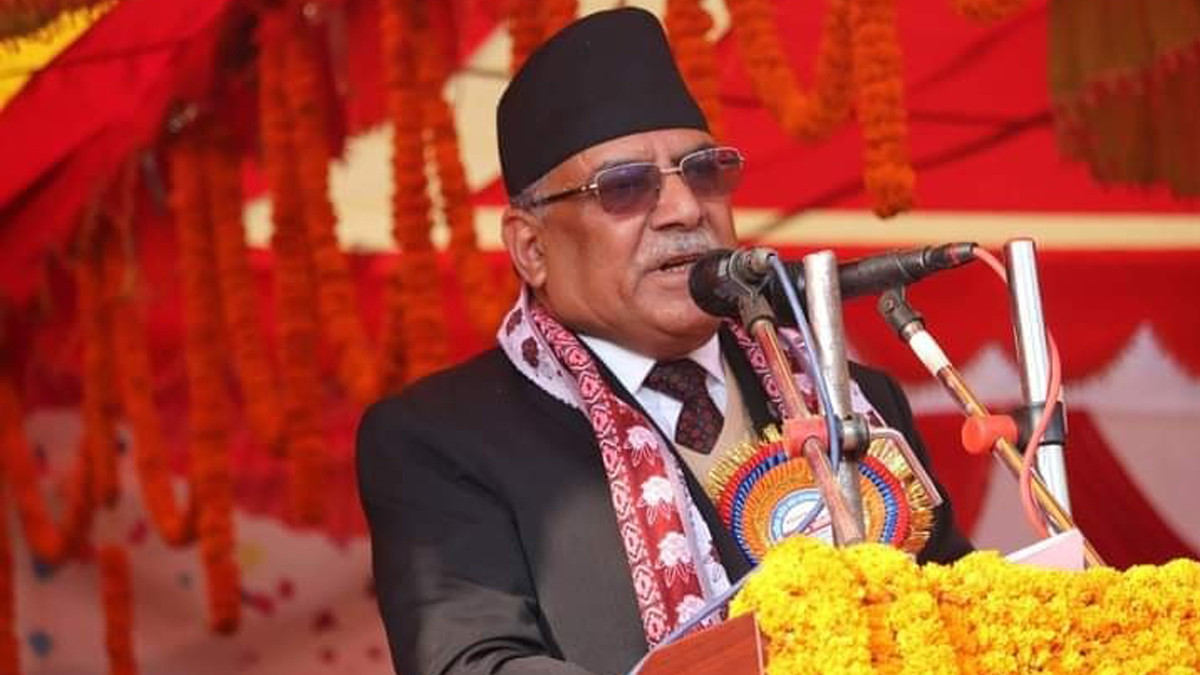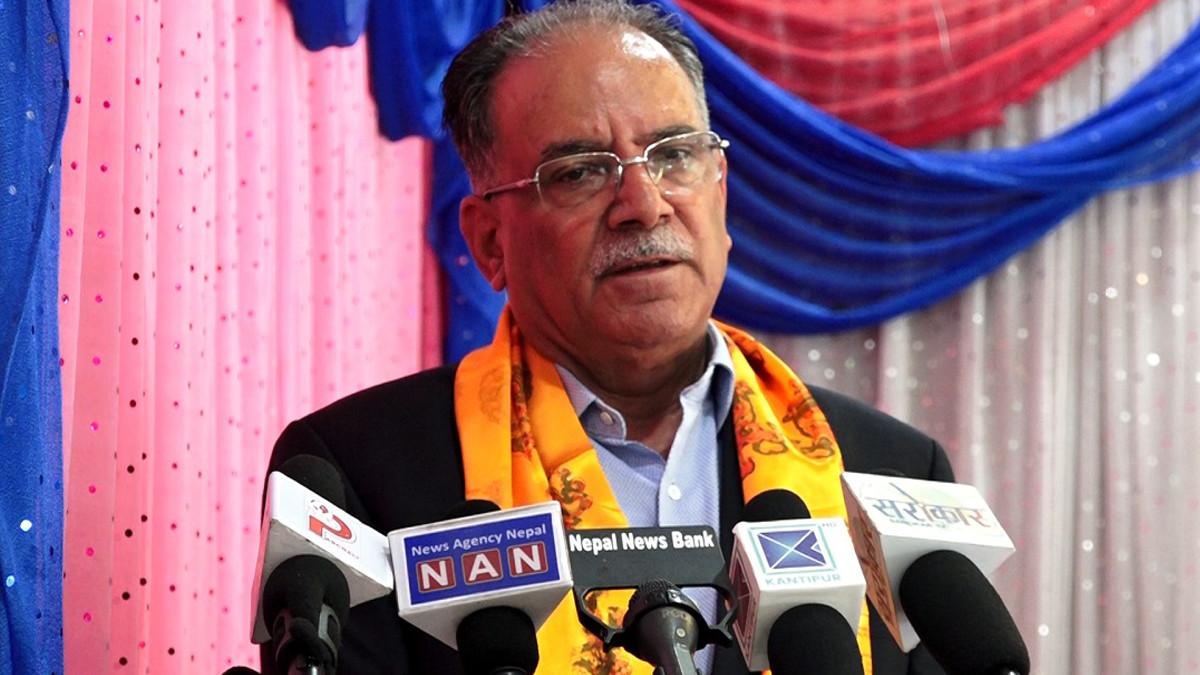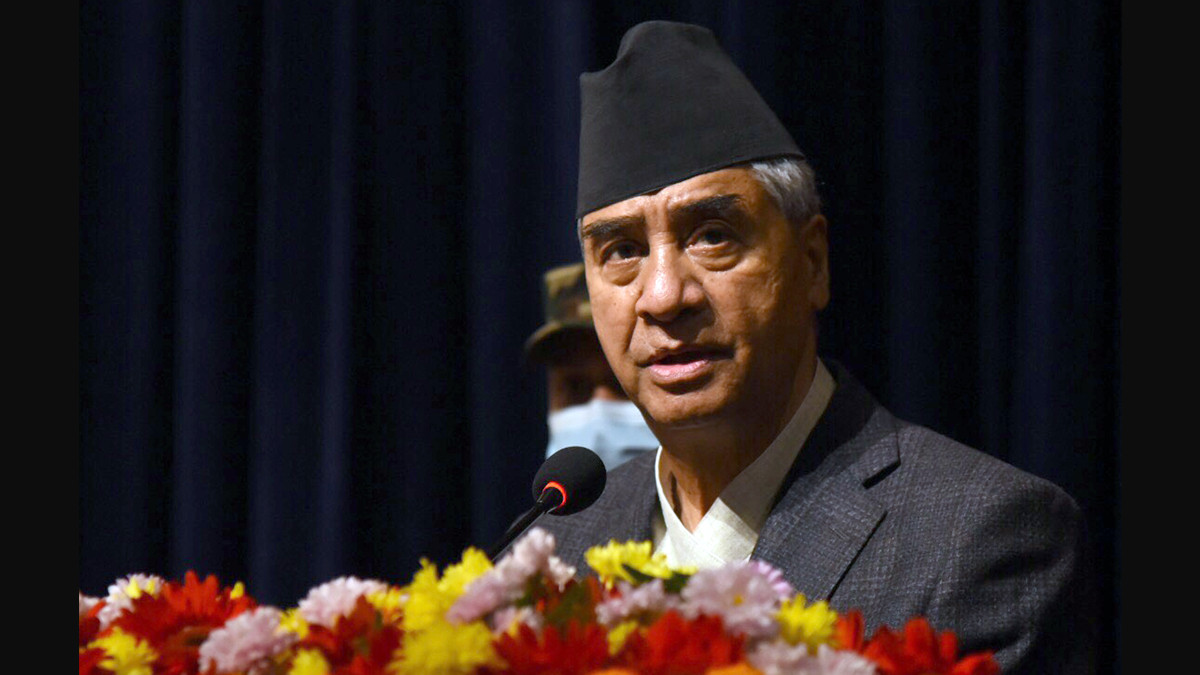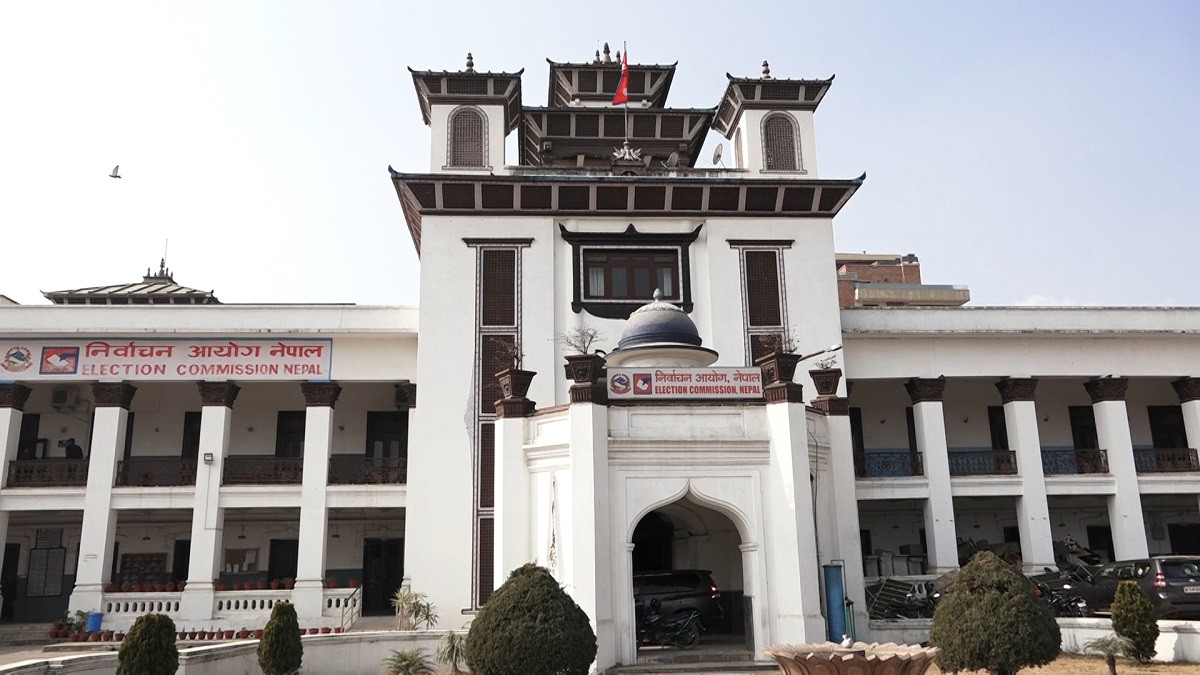 Beata Zawrzel/NurPhoto via Getty Images
Beata Zawrzel/NurPhoto via Getty Images
BUDAPEST – The global far right is gloating. After recent setbacks, one of their standard-bearers, Hungarian Prime Minister Viktor Orbán, won an overwhelming victory in this month’s parliamentary election. While figures like the Italian nationalist politician Matteo Salvini have appeared to pay a price for their past adulation of Russian President Vladimir Putin, neither Marine Le Pen, the runner-up in the first round of the French presidential elections, nor Orbán (Putin’s closest ally in the European Union, and also a servant of China) most certainly did not.
Assorted post-liberal, illiberal, and anti-liberal intellectuals have long celebrated Orbán’s Hungary as a nationalist-conservative Disneyland (where men are still men and women are still women). Now, they are hailing him as the true leader of the West, whose electoral victory must be seen as a decisive popular rejection of liberalism. But their willingness to justify even the most unsavory aspects of Orbán’s rule demonstrates something that was already evident during Donald Trump’s one-term presidency in the United States: they will pay any price for their illiberal policy preferences to be realized, even accepting authoritarianism and kleptocracy.
The Hungarian election was free but not fair, because it was held under a system that international observers have rightly described as electoral autocracy. Those falling for Orbán’s self-advertising as an “illiberal democrat” have bought into the idea that democracy is real so long as the ruling party does not openly stuff the ballot boxes. But democracy requires more than fraud-free elections; it also requires the effective use of essential rights, not least a free media environment in which parties can make their case to citizens.
This is hardly possible when the main opposition candidate gets only five minutes on state television during the entire campaign, as happened in Hungary. Those who point out such fundamental flaws are not denying that Orbán’s party, Fidesz, has genuine popular support. But any outcome on such a grotesquely uneven playing field, they argue, cannot be taken at face value.
Orbán’s international admirers look a lot like what used to be called useful idiots. In the twentieth century, countless books were produced to shame intellectuals who let themselves be duped into declaring the Soviet Union a socialist paradise. Today, some want to believe that Hungary is a model for a social conservatism that has broken with free-market pieties.
But while Orbán does wield state power ruthlessly and rapaciously (as Trump always dreamed of doing), he uses that power mostly to enrich Hungary’s oligarchs. Meanwhile, the country’s public-health system is chronically underfunded, and the lives of the already vulnerable (such as the homeless) have turned into a living hell. (Although Hungary and Poland are often lumped together as the two quasi-authoritarian spoilers within the EU, Poland’s right-wing populist government does at least have a social agenda.)
Hungary is also a convenient echo chamber for self-declared champions of academic freedom. There they can whine about “cancel culture” in front of the prime minister who forced Central European University out of the country, and who invited China’s Fudan University to open a branch in the Hungarian capital. As with the ideological battles of the twentieth century, political narcissists can always find their parochial problems reflected, and seemingly solved, in the mirror of some other country. Then as now, they are blind to the colossal failures of political judgment that result from their distorted views.
Yet in some ways, the category of useful idiots no longer seems apt, because Orbán’s defenders seem well aware that the criticisms leveled against their champion – namely, that he presides over a regime of unbridled venality – are well founded. Whenever this comes up, they faithfully copy Orbán’s own strategy by diverting the debate immediately to their favorite subject: their supposed victimization at the hands of nefarious liberal globalists and progressives, going so far as to accuse the latter of “soft totalitarianism.”
But Hungary’s recent election had little to do with such conservative paranoia (which betrays a complete lack of historical consciousness among people who pretend to care about the past). The contest was not about the illiberal David vanquishing the liberal Goliath in the great transnational culture war. Its main feature was the Orbán government scaring citizens into thinking that the opposition sought to take the country into Russia’s actual war in Ukraine.
Worse yet, the Hungarian government has effectively been helping Putin by prohibiting the shipment of weapons to Ukraine across its borders. Hungarian public TV spreads Russian disinformation day and night. The day before the election, an assembly of ordinary people expressing solidarity with Ukraine was framed on state television as a “pro-war rally.”
Moreover, on the issue where cultural illiberalism really did fight a battle in Hungary, it lost. A referendum on “protecting children,” based on highly manipulative questions, produced the desired majority, but it was invalidated by insufficient voter participation. As a result, those who always accuse liberals of not respecting democracy rushed to claim that citizens who spoiled their ballots to protest the government’s anti-LGBTQ hate campaign somehow “attacked democracy.” As always, illiberalism’s fellow travelers displayed the very behavior that they projected onto their liberal enemies. Instead of finding specific problems in the process, their argument boiled down to, “There can be no democracy unless our side wins.”
Many Orbán admirers are not idiots, nor do they rely on the argument that Hungary’s socialist governments were also corrupt. That is true, but their failings pale in comparison to a dozen years of Orbán’s industrial-scale looting – again, something that one would have thought conservatives promoting “virtue” cared about.
The latest wave of self-consciously anti-liberal commentary about Hungary has been clarifying. It has shown that when the chips are down, and when the childish Twitter trolling of liberals stops, anti-liberals find corruption and autocracy to be acceptable.
Jan-Werner Mueller, Professor of Politics at Princeton University, is a fellow at The New Institute, Hamburg. He is the author, most recently, of Democracy Rules (Farrar, Straus and Giroux, 2021; Allen Lane, 2021).
Copyright: Project Syndicate, 2022.
www.project-syndicate.org

 Jan Werner Mueller
Jan Werner Mueller








